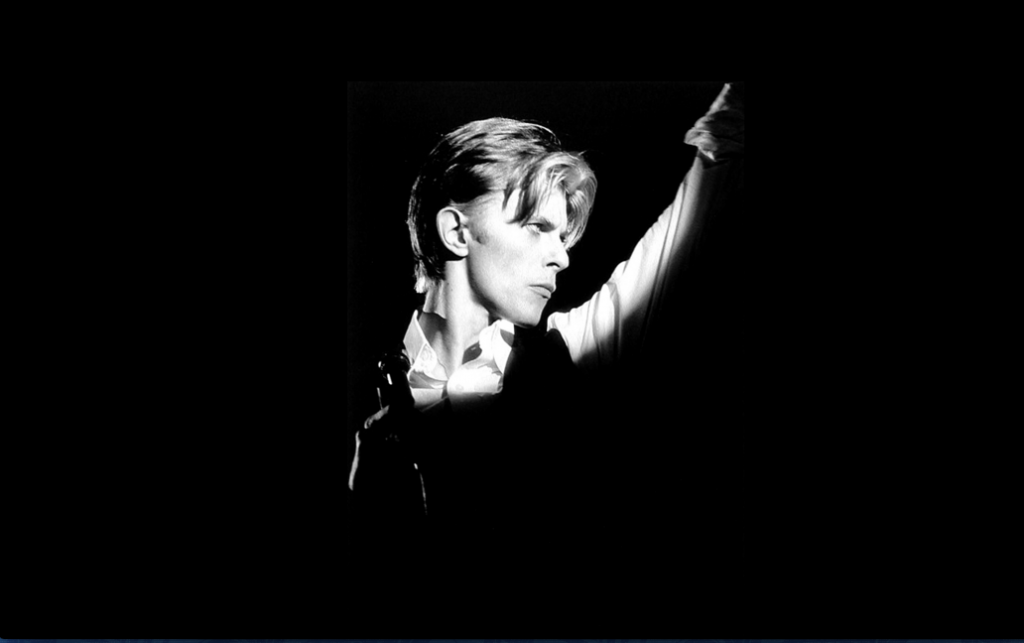When I heard the news about David Bowie, I called Larry Magid. About once a year, we meet for lunch and Magid, godfather of the 60s and 70s counterculture, humors me by telling stories of the halcyon days when his Electric Factory—first the club, then the concerts—took on the establishment in Philly and won.
He stared down Frank Rizzo, indulged Mick Jagger when he decided he wanted to take the stage riding an elephant, and made sure Janis Joplin had her bottle of Southern Comfort when it was time to go on. He pioneered the stadium concert and general admission seating, but, more than that, he was the pied piper for a generation of kids who, in the age of Vietnam and psychedelics, were all going through a soul-searching identity crisis together. Now one of his friends and contemporaries was gone.
“That era ended, but as long as the progenitors of it are alive, it stays with you,” Magid said. “I know that David’s music will always be with us. But I’ll miss him.”
I tell Magid I didn’t expect the outpouring of love for Bowie in Philly these last days. “Philly was David’s biggest market,” he said. “We did two shows at Veterans Stadium, 80,000 people. Unheard of. After the first day of the Glass Spider tour, we walked up 18,000 people. That doesn’t happen anywhere else.”
“He was always evolving, like a chameleon,” says Magid. “He didn’t change things up to shock you and make you gasp. He wasn’t Alice Cooper, allegedly biting off the heads of chickens. He made you think and made you feel. That’s what artists do.”
When Bowie would come to town, he’d visit the Philadelphia Museum of Art and the two would compare notes on the institution’s stirring works. How tickled might Bowie be today by the fact that Magid now sits on the museum’s board? Backstage at the Spectrum, Upper Darby’s Tower Theater or Electric Factory, the two would huddle together, sharing their passion for R&B.
“He loved the Philly Sound, which you can hear on Modern Love and songs of that era,” Magid recalls. They’d talk about obscure acts from the ’50s, like the star-crossed Little Willie John, whose song “Fever” was a hit in 1956, and who died in jail in the late ’60s after being convicted of manslaughter. They’d share tales of torch song singer Dinah Washington, the self-proclaimed “Queen of the Blues.”
After 9/11, Magid put on a benefit concert at the Pentagon for the families affected. His friend James Brown summoned him to his dressing room. “Larry Magid,” the Godfather of Soul said, “I got something for you.” It was a dancing, singing replica of himself, a mini-James Brown doll crooning “I Feel Good.”
The next time Bowie came through Philly, Magid presented him with Brown’s mini-me, an homage to their shared passion for soul music. That night, when the lights dimmed and Bowie came out, he had the doll in tow. He introduced it to the crowd and placed it on the stage, where it stayed, dancing and singing the whole night. “He took it on the rest of the tour with him,” Magid recalls.
“David was a true artist,” Magid says. “Like Miles Davis and Bob Dylan, he was always evolving, like a chameleon. He didn’t have to play his hits. You have to respect someone who pushed the envelope like that. He didn’t change things up to shock you and make you gasp. He wasn’t Alice Cooper, allegedly biting off the heads of chickens. He made you think and made you feel. That’s what artists do.”
One of the reasons I soak up Magid’s tales is the dichotomy I find in them. On the one hand, stories about keeping Van Morrison locked in his dressing room between shows to keep him away from the drink, are funny and chaotic, the stuff of legend. On the other, they’re the comedic outtakes of an actual revolution. I once told Magid that he and guys like promoter Bill Graham changed the 20th Century. He scoffed. “Nah,” he said. “The music changed the world.”
Performers like Bowie create soundtracks for our lives, and when they leave us, we mourn these strangers as if they were family. Yesterday, I asked Magid for a final word about David Bowie.
“He was an artist,” Larry Magid said. “And he changed the world.”

